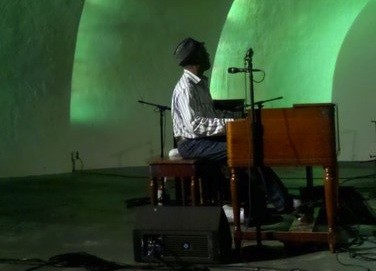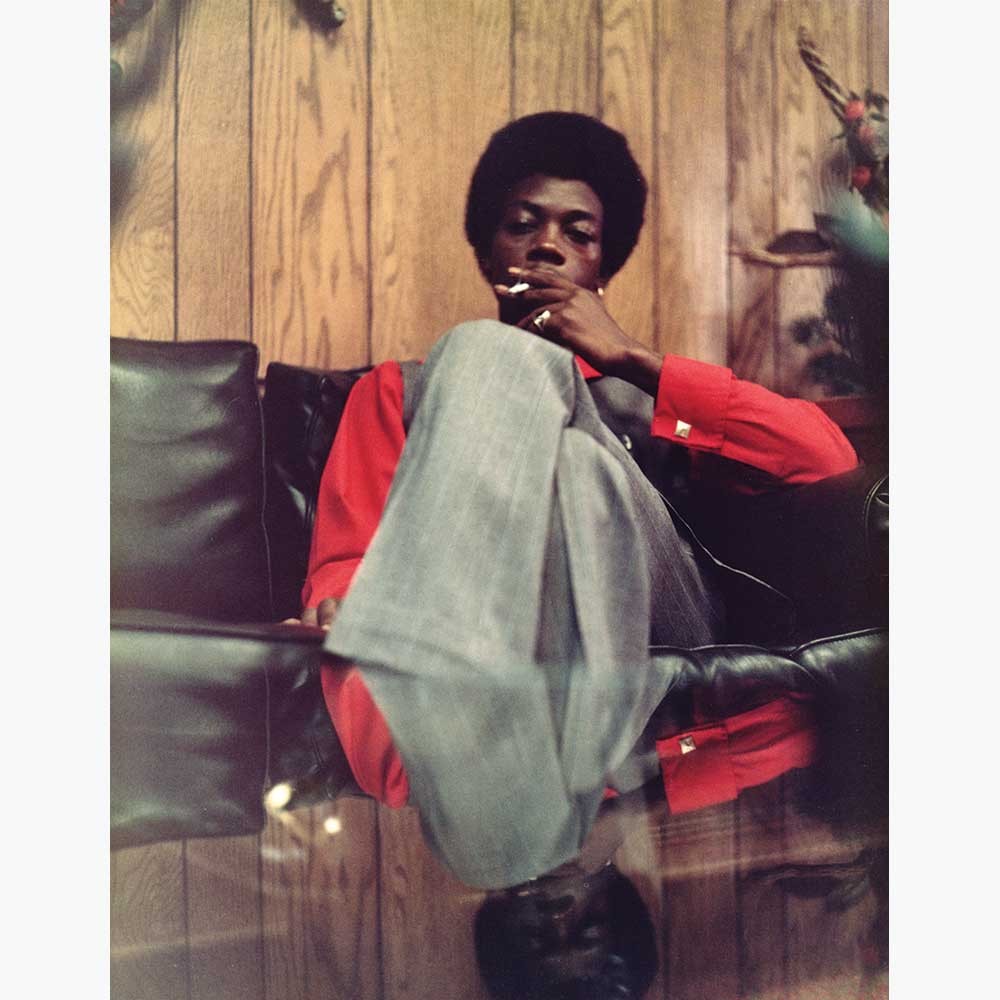Sixth-generation Memphian Grace Askew kicks up the dust like few other Bluff City musicians. Whether she’s rising to the heights of national television on The Voice or putting mile after mile on her touring truck, wherever she goes, there is a swirling cloud of creativity that twirls all the way back to Memphis. Askew is relentlessly creative. You may find her recording at Sun Studio, where she recorded her new album, Scaredy Cat. Or you may find her latest self-produced tour documentary about the Tennessee Tumbleweed on a variety of social media. She has been creative since birth and sees no end to the road.
Flyer: When did you start making music?
Grace Askew: [My parents] were very encouraging about anything artistic. My sister was an opera major. That’s how I got into singing. I wanted to be like my cool older sister growing up. We all picked up the guitar, but I’m the one who really started loving the guitar at 13.
Were you a Howard Vance kid?
Yes, I was.
What about writing?
That was my first passion. My mom would let me stay way up past my bed time when I was little. I was writing little stories under my sheets, you know. And reading. Obviously, reading would lead into writing. So reading was the first thing that got me into writing. I think poems and little short stories came first. Animal adventures. Unrequited love? I’d never experienced it before.
When did you start performing?
I waited a couple of years before I made a complete ass of myself. I was about 17. My first little gig was at a health food café out in the Lakeland area. It was mostly covers. But I would throw in originals that I was working on. Then I became really obsessed with locking myself in the closet and recording on this little computer mic, this cheap little recording mic. I was writing the words and putting it to music. I was obsessed with overdubbing vocals and sounds from my guitar. But I think that’s one of the best things I could have done for myself: to have backed myself for a couple of years. That’s how you evolve.
Did you play in bands?
I played in a couple of different bands. But it’s really hard to make money as a five-piece. These guys! [Mark Stuart on bass, Logan Hanna on guitar, and Jesse Dakota on drums] I hate to bring them out on the road and not pay them as much as they deserve. So I’ve been on the road by myself for the most of the past five years. Living out of my truck, basically.
How was recording Scaredy Cat at Sun Studio?
We did all 11 songs in one day, in four hours. That’s what I wanted. I’m really not a perfectionist. I love the magic of the first take. I just love that. And I’ve been playing these songs for three years. It’s been three years since I cut an album. So I know these songs intimately now, and I know how I want them to be conveyed. But recording in first takes also leaves it really raw. You can still feel the scars in the songs, so to speak. And that’s what I wanted.
How did the band keep up with that?
Logan just played that day. So we overdubbed bass with Mark driving the caboose. He did a really great job. He was really patient. When there is no rhythm section, it pushes and it pulls. It has a jankyness to it, which I love.
You are awesome at social media. How does that work?
Being an ADD person myself, I understand that people’s attention spans are short. So I want to come out with some thing that’s visual and really quick. I love making flyers and all that. And making little video documentary series on my travels. I just love it. The whole gamut of the industry is appealing to me.
You have an artistic persona in the Tennessee Tumbleweed. Is there a Robert Zimmerman/Bob Dylan thing going on there?
My heroes when I first started doing this were those kinds of guys. The ramblers and storytellers. The guys — it was all guys living on the road. Those were my heroes and they still are. I wanted to emulate their lives when I was 22 and started being a rough and tumbling gal. It’s not the safest thing to do. My parents learned how to text real fast and check up on me. They’ve been very cool about it. It’s nice to have parents like that.
What was it like to be on The Voice as someone with her own set of creative ideas?
They were actually very open-minded. They were very cool about it. They basically let me pick out every detail about my look. What song I wanted to pick? Maybe not so much. But that’s understandable. I was like a watered-down version of who I am. But to have that exposure? I’m really glad I did it, honestly. I had the time of my life and I learned a lot about what it takes to get to that level of national exposure. It makes me excited about what’s to come in my own career besides The Voice.
There are some scary contracts for those shows. Are you free to go?
I got out just in time. Once you get to the final 16, you’re kind of contractually bound. You have to be realistic about it and realize that a year from now nobody’s going to care about it. Nobody’s going to know who I am, like, “Oh, you’re the girl from The Voice.” That’s the reality, and I’m totally fine with that, because I’ve been doing this since way before that happened.
What’s next with your writing?
I’m excited to play this [record] for a while. I’ve been getting more into the gospel realm of things. There’s a gospel song on the new album. I’ve been getting into that traditional gospel sound. Mahalia Jackson is one of my heroes: that sparse, spooky sound of gospel.


 H. Michael Miley
H. Michael Miley 
